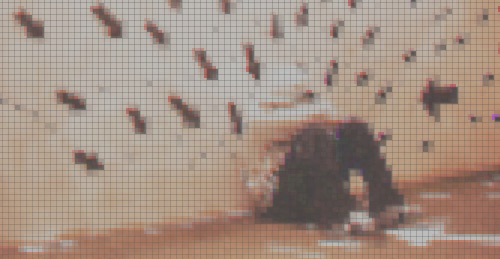
Social Anxiety
Today is my brothers 27th birthday. Or, it would have been, if he had not committed suicide in December 2014.
My brother suffered from unamangeable anxiety & depression. I’m remembering his life, his illness, and his death, as I read the Spring 2016 edition of Tricycle magazine.
Social anxiety comes from being focused on “how we are doing” in this world. We are constantly judging our own performance and others’ treatment of us. For example, if we are preoccupied with what other people feel about us, we raise questions: “What are other people thinking?”. It’s these concerns that we project onto others that compound our social anxiety.
If we examine ourselves honestly, we will see that we are constantly making many many judgements, moment by moment. We judge both ourselves and other people. This process influences the way we treat others, and as a result, the way they treat us. Other people perceive the discomfort in us, so they feel even more uncomfortable than they already were from their own social anxiety. Cues go back and forth based on this mutual anxiety and depending upon the degree of anxiety, it can become awkward and stressful. Then we can become even more uncomfortable and more judgemental toward ourselves and others.
If all your attention is on these agitated thoughts, then even if everybody around you appreciates you and says how much they like you, you may not believe it. But when you are in a pristine state of mind, you have fewer thoughts , and thus less anxiety and fear, because all those uncomfortable experiences come from your thoughts, and without thoughts they can’t survive. Then it doesn’t matter what people think of you; even if everybody around you hates you, it doesn’t affect you. You are comfortable with yourself. Even if everyone glares at you angrily and criticizes you, if you pay no attention to your own thoughts, you remain comfortable and as stable as a mountain. You are completely at ease with yourself.
From Tricycle magazine Spring 2016, reprinted from Our Pristine Mind: A Practical Guide to Unconditional Happiness.